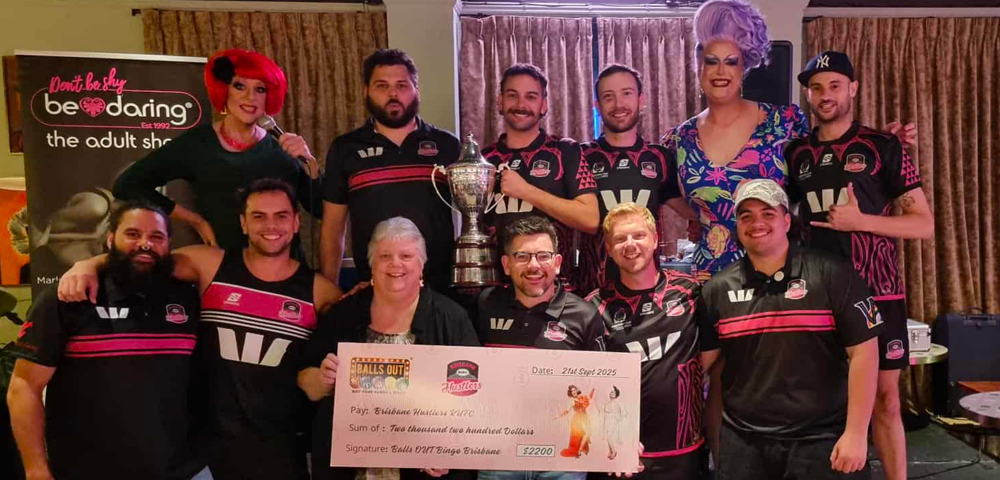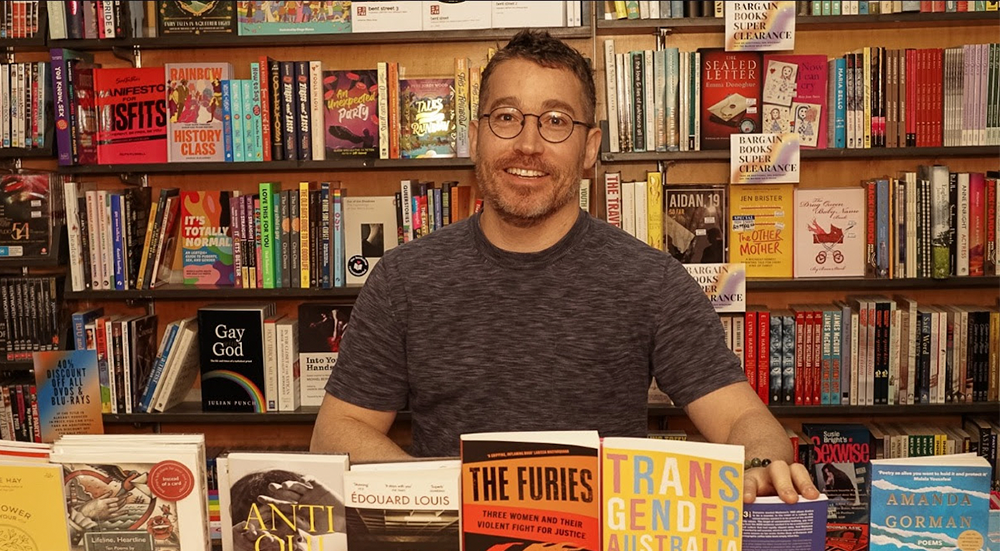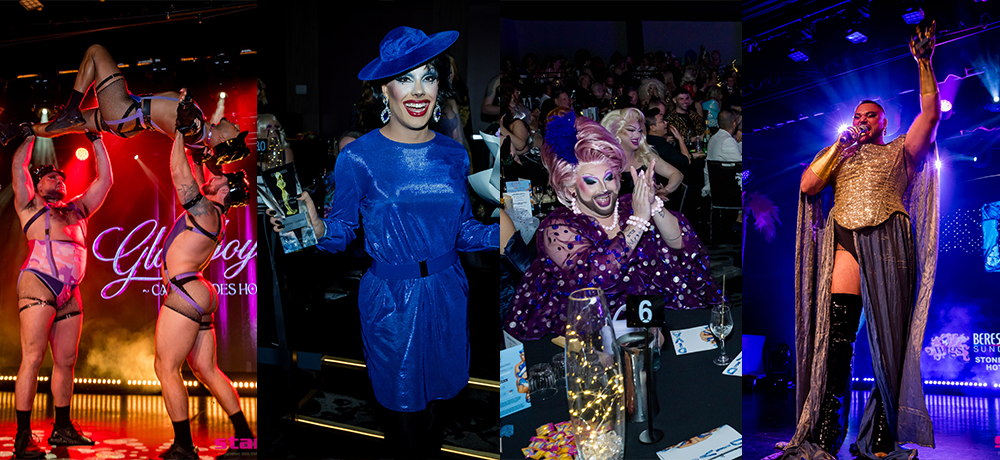
How gender euphoria is helping to redefine what it means to be transgender

The feeling of gender euphoria is helping to redefine what it means to be transgender. Writer Fury explores how trans people experience comfort, certainty, and joy about their bodies and identities.
***
On a bench nearly four years ago, I sat down with a friend to pick their brains about hormone replacement therapy.
I had booked in to start the process of getting treatment, but I was nervous.
So much of what trans people talked about – especially discomfort in their body – felt oddly lacking.
I didn’t hate my body, it was a perfectly good body. But I still had cravings to change it.
My friend explained that while their body had metamorphosed into everything they had ever dreamed of, they were struggling with how the introduction of testosterone into their system had affected their emotions. Emotions on estrogen sat just under the skin, they explained. On testosterone, you had to dig down to find them.
As soon as I heard them explain the difference between estrogen and testosterone, my anxieties vanished.
The thought of turning down the volume knob on my emotions ignited a deep feeling within me that this was the right choice.
In 2013, the Diagnostic and Statistical Manual of Mental Disorders – the pre-eminent reference for diagnosing mental illness – shifted the terminology relating to the diagnosis and treatment of transgender people.
The diagnosis was no longer “gender identity disorder” but “gender dysphoria”.
In effect, this was the recognition that the problem was not who we were, but the ways we felt at odds with our bodies. While this adjustment was a huge improvement from the previous definition, it is still an incredibly restrictive tool by which to gauge how much a person needs treatment.
I have yet to meet a single transgender person who hasn’t lied – or bent the truth – in their psychiatric assessments. This is due to a few factors.
Firstly, the trans community is chronically underemployed which means the process of getting a diagnosis is expensive to the point of prohibitive.
The psychiatrist alone is several hundred dollars a session, but there are other costs including GPs, medication, and travel.
Secondly, seeking out medical intervention is not something we do lightly.
Given the long history of abuse from the medical establishment, the act of engaging with a gender psychiatrist can feel like stepping into the lion’s den.
On top of that, most of us have spent a lot of time and energy reckoning with our feelings, so we go into the process with a fair idea of who we are and what outcome we want.
As the psychiatric process is really to help a patient answer questions many of us have already resolved, the experience can be both patronising and debilitating.
Thankfully the practice of informed consent is now becoming more accepted for hormone replacement, meaning psychiatric assessment can largely be forgone.
However when I was diagnosed, this was not commonplace and so it was typical for trans people to research thoroughly in order to minimise costs.
“You do what you have to”, as one friend put it.
The medical community needs something to fix in order to feel comfortable treating.
We’ve told them we need fixing, and we’ve believed it, so the narrative that we’re broken has been pervasive. The downside of this is that a vicious cycle is created.
Trans people tell psychiatrists what they want to hear and psychiatrists get statistics that reinforce their benchmarks for what is required for treatment. The further the benchmarks are entrenched, the more the trans community struggles with feelings of illegitimacy.
However trans people are starting to define and redefine what it means to be transgender.
Much of this is happening not necessarily in rebellion of the medical benchmarks of trans-ness – because some trans people definitely do experience gender dysphoria – but as a discussion broadening of the possibilities of gender, expression, and identity.
One of the new avenues of self-understanding is the concept of gender euphoria.
Some define euphoria as the absence of dysphoria, but it is not only that.
As it is an embryonic concept (and one that is defined not just by myself) it is hard for me to pin down what it is.
But I can say definitively that gender dysphoria is not the opposite of euphoria as you can experience both at the same time, or one without the other.
From what I can understand of the greater conversation, gender euphoria is the feeling of comfort, certainty, joy, or excitement about your body or your identity.
It can be the elation of seeing your post-op body for the first time, but it doesn’t have to be that earth shattering.
One friend described lying in a river and thanking his breasts for all they had done for him in the days leading up to his top surgery. Another friend experiences gender euphoria when they are holding a baby because gender just becomes irrelevant.
Another friend says she experiences it whenever she goes to the shops and isn’t heckled; when she’s just allowed to move through the world as a person.
I’ve experienced it making a cup of tea and thinking I’m trans.
It is in the small moments as much as the big ones.
In my examination of what gender euphoria is, I have wondered if cisgender people might experience it, too.
As being cisgender is the norm, my initial suspicions were that it was a uniquely trans experience, because normalcy brings with it an innate mundanity.
However I think gender euphoria is just the act of being seen – by yourself or by someone else.
When you are transgender, that feeling is often very elusive which means that the experience of it feels almost spiritual; the clouds part and for a moment everything feels right.









